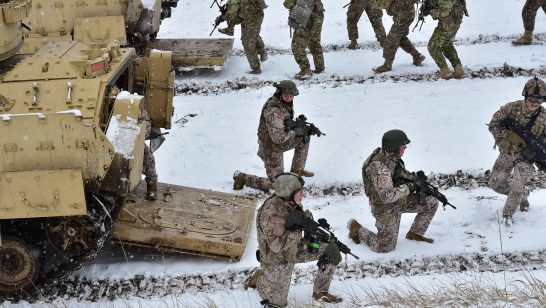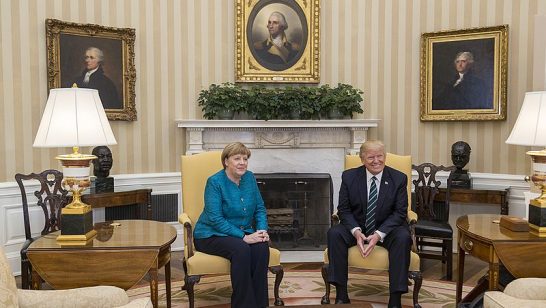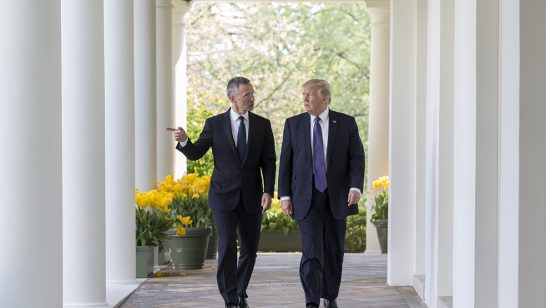
This ELN report argues that NATO’s target of spending 2% of GDP on defence is an arbitrary benchmark which should cease to be the only measure of contributions to collective defence and security. A central criticism of the 2% is that it does not consider – nor promote – action on important activity undertaken by member states on preventative and soft security. This includes efforts to defend against cyber attacks, countering hybrid warfare, crisis prevention and diplomacy.
This paper makes the case that when measuring a country’s input into collective security, NATO should consider aspects of development, intelligence and diplomatic spending as well as qualitative contributions to these areas – in addition to defence spending. These three additional areas would better demonstrate a government’s efforts in preventing and tackling crises and overall contribution to NATO.
This policy-brief makes three recommendations:
- NATO should retain the 2% benchmark while developing a new measure: scrapping 2% before agreeing an alternative would be politically risky. However, member states, particularly the United States, should be more aware of the limitations of the 2% target and stop using it as a device to publically criticise other Allies.
- NATO should update its Strategic Concept to mark a new approach to burden-sharing: NATO’s last Strategic Concept, published in 2010 opens with “Today the Euro-Atlantic area is at peace.” This is not the case in 2017. NATO should begin the process of developing a new Strategic Concept that builds on the initial work from 2010 on the softer aspects of security. This will provide the basis for a strategy-led measure of transatlantic burden-sharing.
- The Alliance should consider adopting a separate, less formal, measure of overall contributions to collective defence and security based on a new Strategic Concept: NATO needs a measure that takes into account softer aspects of security as well as aspects of defence contributions that are currently not captured. This can be split into two thematic groups: Defence and Prevention. Defence would primarily cover military spending, while Prevention would measure contributions to development, intelligence and preventative diplomacy. Both categories would be multiplied by an agreed measure of qualitative activity, such as engagement in NATO missions.
The opinions articulated above represent the views of the author(s), and do not necessarily reflect the position of the European Leadership Network or any of its members. The ELN’s aim is to encourage debates that will help develop Europe’s capacity to address the pressing foreign, defence, and security challenges of our time.



